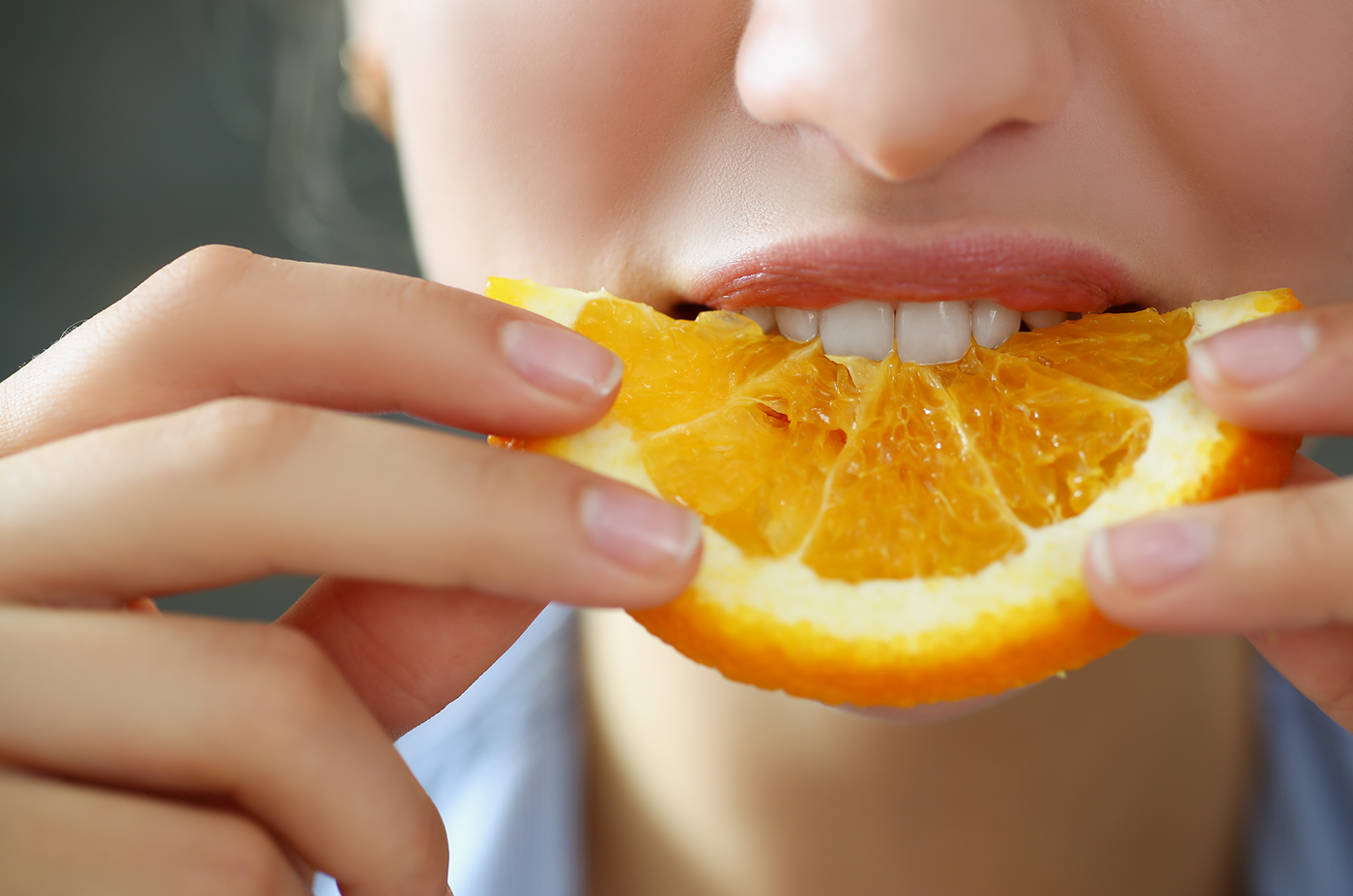
Training Your Taste Buds for Better Health
- foodfightadmin
- June 20, 2023
- Hunger In America, Nutrition
- rsc pages, rscl
- 0 Comments
The Sweet Science of Taste: How Genes, Diet, and Disease Shape Our Palates
Ever wondered why hummingbirds, unlike most other birds, savor the sweetness of nectar? The answer lies in their genetic composition which grants them the ability to detect sugar molecules. Much like these fascinating creatures, the human palate’s sensitivity to sugar is dictated by DNA coding for sweetness detectors.
Yet, understanding taste isn’t merely a matter of decoding DNA. It’s the intricate symphony between genetics and everything from prenatal experiences to adult dietary choices. At the University of Michigan researchers are studying how excessive sugar consumption impacts our perception of sweetness. Grasping this dynamic is pivotal for nutrition, food science, even disease prevention.
The DNA of Taste
The human taste experience is a result of the interaction between taste receptors in our mouths and the food we consume. These receptors, found on sensory cells within our taste buds, distinguish the five primary tastes: sweet, savory, bitter, salty, and sour. Depending on what’s consumed – say sugar, for example – a receptor will transmit a “sweet” signal to the brain.
Our predilections for certain tastes over others trace back to our evolutionary journey. Tastes denoting essential nutrients, like sugar and salt, stimulate brain regions associated with pleasure, while potentially harmful ones, such as certain bitter tastes, evoke feelings of discomfort. Interestingly, while our genes give us the tools to detect tastes, our reactions to these tastes are influenced by the specific versions of the taste genes we inherit. For instance, variations in the TAS2R38 gene, a receptor for bitterness, can alter one’s perception of the bitterness in some vegetables and wines. Such genetic nuances could even steer our dietary choices.
The Role of Diet in Shaping Taste
Our initial taste preferences are molded early on, often before birth. Dietary molecules from the mother can reach the fetus, influencing post-birth food preferences. Infant diet can also play a significant role: babies fed non-cow milk formulas may develop a greater acceptance for certain foods like vegetables. As adults, our tastes continue to evolve based on our dietary intake. Consuming high amounts of salt or sugar can respectively heighten our preference for saltier or dulled sweet foods.
Research indicates that prolonged high sugar and fat consumption alters the responsiveness and number of taste cells, even impacting the taste cells’ genetic makeup. Thankfully, reducing dietary sugar can restore these changes within weeks.
When Disease Alters Taste
During the COVID-19 pandemic, many learned firsthand how disease can alter taste. After contracting the virus, many struggled to differentiate between various tastes for months. Approximately 40% of those infected with the virus reported taste and smell impairments, with a small percentage experiencing long-term deficits. The prevailing theory suggests that the virus might have targeted the cells supporting taste and smell receptors.
Training Our Taste Buds
The relationship between genes, diet, and taste affects more than just flavor – it influences our risk for chronic disease. Taste serves as a gauge for our brain to evaluate a food’s nutrient content and caloric value, helping regulate intake. Alterations in taste perception could disrupt this balance.
However, the malleability of taste offers hope. By adjusting our diets, we can retrain our taste buds and brains to favor lower sugar and salt levels. With most grocery store foods containing added sugars, redesigning foods attuned to our genetic makeup and adaptable taste buds could revolutionize nutrition, promoting overall health and reducing chronic disease risks. In essence, understanding the nuances of taste might just be the key to a healthier future.








